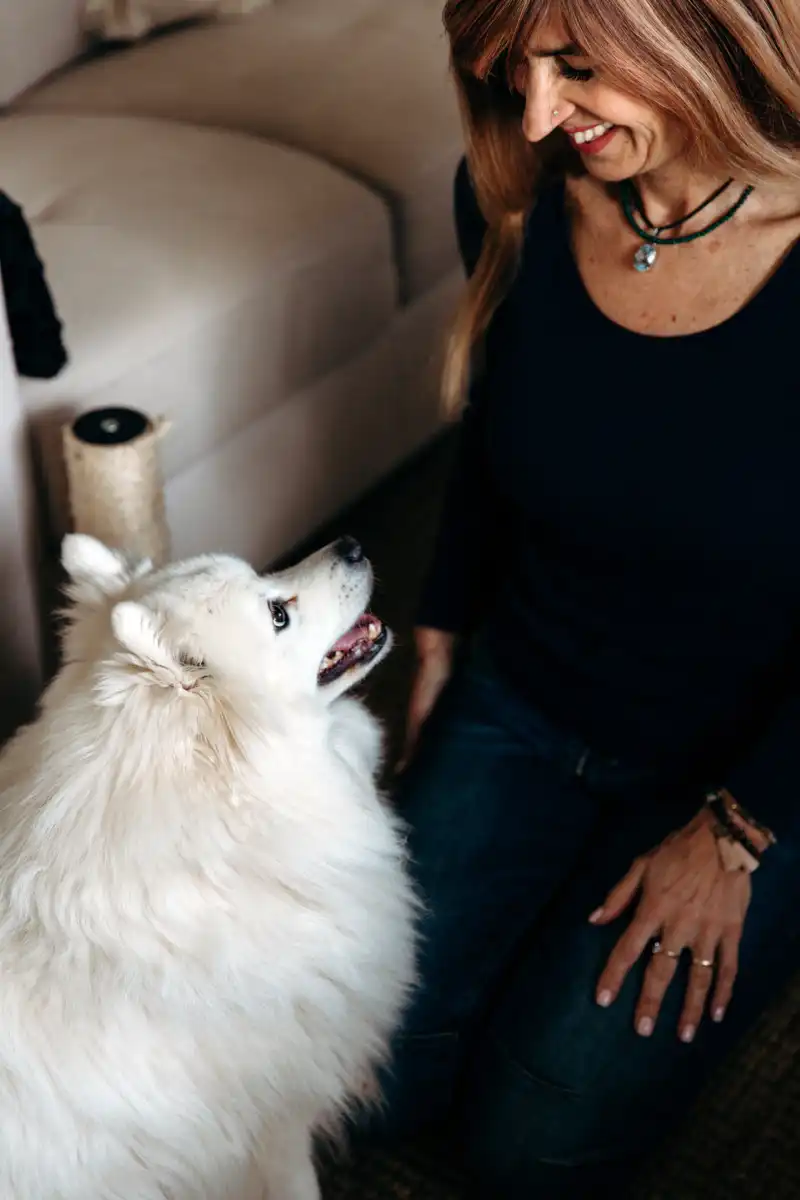Discover the steps to becoming an animal assisted therapist in Australia. Learn about Animal-Assisted Psychotherapy, training, and relevant regulations governing specialist psychotherapy approaches.
If you’ve ever wondered how animals can play a role in healing and growth, you may be curious about becoming an animal assisted therapist. In Australia, the main pathway to including animals in therapy is by incorporating animals in Psychotherapy, Counselling or Psychological services and practicing Animal-Assisted Psychotherapy (AAP) . Animal Assisted Psychotherapy is utilised as a specialist approach to psychotherapy and supporting people’s mental health by including animals I office-based or clinical settings and outdoor settings to help more clients, including clients with neurodiverse needs or clients who may not wish to engage in traditional talk-based therapy or room-based therapy.
So, how do I study Animal-Assisted Psychotherapy?
Animal-Assisted Psychotherapy is about supporting people’s mental health and wellbeing with the help of animals such as dogs, horses, or other safe and suitable animals. If you’re drawn to working with people in this way, here are the key steps:
- Obtain a base qualification – You’ll first need a degree or diploma in a health-related field such as counselling, psychology, psychotherapy, or social work.
- Specialised AAP training – Next, enrol in a program that teaches you how to safely and ethically integrate animals into counselling and psychotherapy. The Equine and Animal Assisted Psychotherapy Institute offers nationally and internationally renowned training in this specialist practice.
- Gain Knowledge, Experience and Supervision – Practical training and supervised sessions help you develop confidence and skills.
- New Animal-assisted Knowledge and Skill including evaluating, assessing and training (where relevant) your animals. If you plan to work with your own animals, you’ll need to ensure you – are providing clear safety briefings and practices to protect the animals and clients; you understand animal consent, choice and mutual benefit for participating in certain session plans; you understand the role of animal as change agent; you understand the difference between animal training services and animal assisted services; and much more!
- Develop vital Personal and professional Qualities – Like all health professions, AAP requires ongoing personal and professional development to ensure ethical, genuine and effective practice that is up to date with international best practices. That’s where The Equine & Animal Assisted Psychotherapy Institute has you covered, as our founder, Meg Kirby, is an active member of many international committees focused on leading the way for international standards and competency-focused best practices.
- Practical experience – Work in clinical or farm settings to apply your knowledge with real animals.
- Accreditation – Seek professional recognition to demonstrate your qualifications and commitment.

Important Things to Know
- Clarify your focus – The term “animal assisted therapist” is broad. Make sure you’re clear on whether you want to work in Animal-Assisted Psychotherapy and counselling with people incorporating animals, or whether you want to include animals in your occupational
therapy, speech therapy or physiotherapy practice. This will require a different approach to training. - Animal welfare comes first – The wellbeing of the animals in counselling and psychotherapy is always central. They must be observed with both a scientific rigour and heart-centred presence, and cared for, respecting their integrity and never pushed into becoming a ‘tool’ to help people.
- Know the legal, ethical and professional regulations – You’ll need to meet the standards set by your relevant counselling, psychotherapy and psychological professional and regulatory bodies that mandate that practitioners must be adequately trained and supervised in all specialist approaches or modalities they include in their suite of clinical or counselling services. You would expect a therapist practicing play therapy to be well trained in play therapy, and so on.
A Beautiful, Relational and Meaningful Career
Working as an animal assisted psychotherapist can be life-changing—for both the therapists and the clients and animals involved. The work is deeply rewarding.
If you’re drawn to Animal-Assisted Therapy and want to learn more about training options in Australia, visit Equine and Animal Assisted Psychotherapy Institute. Their training programs are designed for people who are passionate about bringing together professional counselling and psychotherapy and the healing presence of animals and human-animal interactions and want to do it well.
More about EAAPI
Discover how change happens in partnership with animals of all species, in diverse and wonderful ways. Join an international community of passionate professionals who share a passion for meaningful change work — and a deep love of animals.
If you’re ready to expand your practice, transcend your four walls and help more people in a truly transformative and experiential way!
- Professional development, AASW & ACA aligned
- Online LIVE via zoom Mar-Dec 2026
- Trauma-informed, somatic-focused, and relationally oriented
- Leading education, training and supervision for Australia
- Get the certificate and professional insurance you need to begin your Animal Assisted Psychotherapy practice today.
